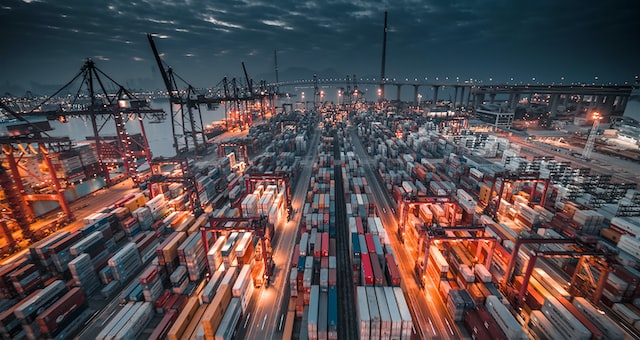
Contributed by Ms. Zhao Jing, Hylands Law Firm. For more posts about China Customs Affairs, please Click here.
China Customs comprises the General Administration of Customs of China (GACC) established under the central government (the State Council), and 42 directly subordinated Customs districts at the local level. In addition, there is one sub-administration in Guangdong Province, and dispatched offices in Shanghai and Tianjin, which are entrusted by the GACC to respectively supervise a number of Customs districts at the local level.
Customs districts at the local level shall be responsible to the GACC, and shall exercise Customs supervisory and administrative powers independently and with full authority within the scope of their functions and powers. This means that they shall not be subject to interference from local governments or relevant departments, and shall only be subject to the leadership of the central government.
In China, this is known as the system of vertical leadership. Specifically, the subordinated Customs offices are under the leadership of, and responsible to, the directly subordinated Customs districts; and the directly subordinated Customs districts are under the leadership of, and responsible to, the GACC.
1. GACC
The GACC, situated in Beijing, exercises unified administration of Customs nationwide.
2. 42 directly subordinated Customs districts
There are a total of 42 directly subordinated Customs districts, which are usually located in provincial capitals. But in certain provinces with large import and export volume, there are more than one directly subordinated Customs districts. For example, there are seven directly subordinated Customs districts in Guangdong Province.
In addition, there are more than 600 subordinated Customs offices under the directly subordinated Customs districts, and the specific customs affairs are usually handled by these Customs offices. In other words, they are the basic executive agencies of China Customs for the supervision and control of import and export, as well as the law enforcement agencies most frequently encountered in trading with China.
3. Sub-administration and dispatched offices
A. One sub-administration
This sub-administration is the Guangdong Sub-administration of GACC. It benefits from the scale of international trade in Guangdong Province, as Guangdong Province has the largest import and export volume in China.
The Guangdong Sub-administration is entrusted by the GACC to exercise some functions of the GACC in certain areas, such as the coordination among the seven Customs offices in Guangdong Province, as well as the supervision and control of the Customs districts in the central, southwestern and southern parts of China.
B. Two dispatched offices
The dispatched offices refer to the Supervising Office of GACC in Tianjin and the Supervising Office of GACC in Shanghai, which are established in Tianjin and Shanghai respectively. The two dispatched offices also exercise certain functions and powers of the GACC in certain regions, such as supervising the Customs offices in the north (including the northwest) and several provinces in the east of China.
The organizational structure of GACC is as follows: http://english.customs.gov.cn/about/organizationalstructure
Contributor: Zhao Jing
Agency/Firm: Hylands Law Firm
Position/Title: Partner
* * *
Do you need support in cross-border trade and debt collection?
CJO Global's team can provide you with China-related cross-border trade risk management and debt collection services, including:
(1) Trade Dispute Resolution
(2) Debt Collection
(3) Judgments and Awards Collection
(4) Bankruptcy & Restructuring
(5) Company Verification and Due Diligence
(6) Trade Contract Drafting and Review
If you need our services, or if you wish to share your story, you can contact our Client Manager Susan Li (susan.li@yuanddu.com).
If you want to know more about CJO Global, please click here.
If you want to know more about CJO Global services, please click here.
If you wish to read more CJO Global posts, please click here.
Contributors: Zhao Jing









